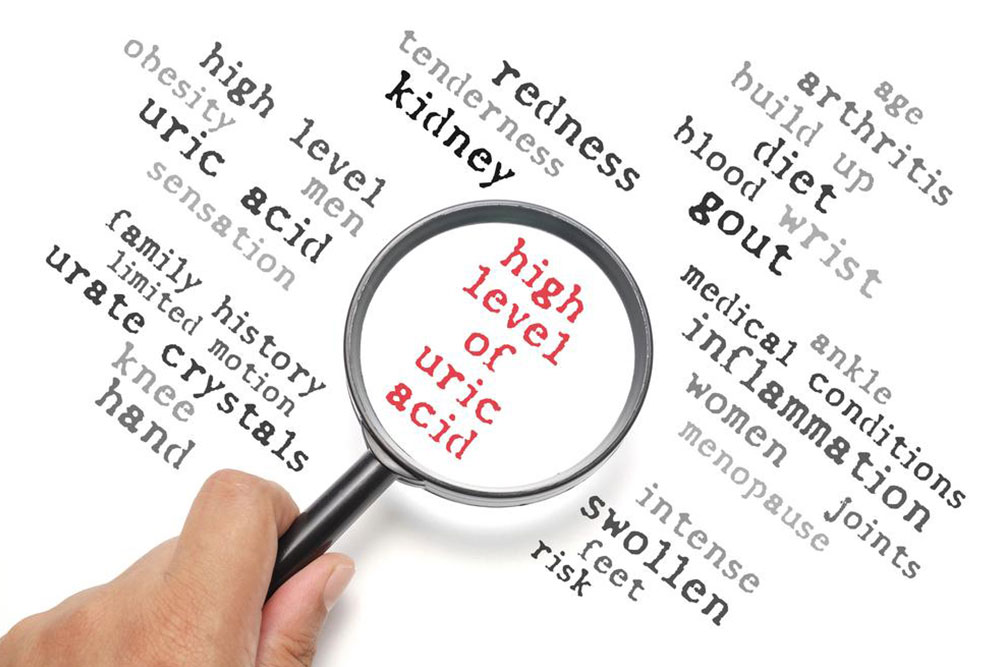The Impact of the DASH Diet on Kidney Health and Function
Discover how the DASH diet supports kidney health by reducing risks of kidney stones, lowering blood pressure, and preventing chronic kidney disease. Learn about suitable meal plans, benefits, and precautions to consider before starting this diet. Consulting a healthcare professional is recommended for personalized guidance, especially for individuals with existing conditions. Incorporate fruits, vegetables, and low-sodium foods to promote optimal kidney function and overall well-being.

The Impact of the DASH Diet on Kidney Health and Function
Across the globe, millions are affected by various kidney conditions. Our kidneys are vital organs, responsible for filtering toxins from the bloodstream, regulating blood pressure, and supporting many essential bodily functions.
Diet plays a critical role in maintaining kidney health. Many healthcare professionals now recommend the DASH diet—Dietary Approaches to Stop Hypertension—for supporting kidney function. This diet is praised as one of the most effective for promoting healthy kidneys.
Explore how the DASH diet assists in protecting and enhancing kidney health.
Advantages of the DASH diet
The DASH diet is excellent for individuals managing kidney issues, heart problems, or high blood pressure. It notably aids in preventing kidney stone formation and is associated with a reduced risk of developing chronic kidney diseases. Furthermore, following the DASH diet helps lower blood pressure by restricting salt and sodium intake.
Additional advantages include weight management, reduced bad cholesterol levels, and gout prevention.
Potential drawbacks of the DASH diet
This diet may not suit everyone, especially those with existing chronic kidney conditions. Patients undergoing dialysis or with special dietary restrictions should consult their healthcare provider before starting the DASH plan, as it may not meet specific medical needs.
Before adopting any kidney-friendly diet, professional medical guidance is essential to ensure safety and appropriateness.
DASH diet meal guidelines
The diet emphasizes consumption of fruits, vegetables, low-fat dairy, whole grains, fish, and poultry. It recommends reducing salt and sodium intake, avoiding artificial sweeteners and red meats, and using flavor enhancers like black pepper, cumin, and nutmeg instead of salt. When selecting packaged foods, check labels for low sodium content. Choosing low-fat dairy helps decrease saturated fat and sodium levels, aligning with DASH diet objectives.
For personalized guidance, consult a dietitian to design a suitable kidney-supportive meal plan that fits your health needs and lifestyle.










